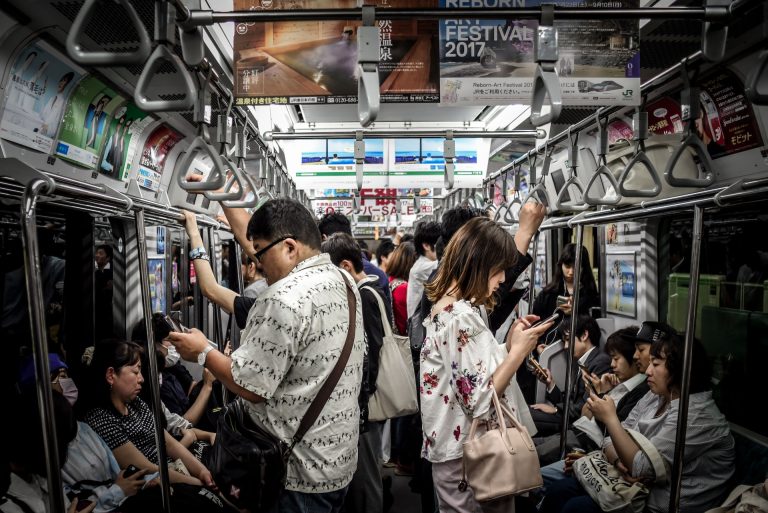Local SEO is a highly effective marketing channel for hospitality businesses, as it focuses on promoting your products and services to local customers in your region. By optimising your online presence for local search, you can attract more customers, increase bookings, and ultimately boost revenue. In an increasingly competitive market, it is vital that your hospitality business stands out among local competitors and attracts the attention of the right audience. That’s where local SEO strategies tailored specifically for Australian hospitality businesses can make all the difference.
In this comprehensive guide, we will delve into the world of local SEO and explore the most effective tactics to help your hospitality business dominate local search. We will discuss how to optimise your Google My Business listing, generate local customer reviews, implement local keywords, and create locally relevant content to drive traffic to your website. Additionally, we will highlight the importance of having an SEO-friendly website that is mobile-responsive, fast-loading, and user-friendly, as these factors contribute significantly to your local search rankings.
Whether you operate a boutique hotel, a cosy bed and breakfast, an upscale restaurant, or any other hospitality business in Australia, local SEO can play a crucial role in your marketing strategy. By following this guide, you will gain valuable insights on how to enhance your online visibility, captivate your local audience, and stay ahead of your competition, leading to sustained business growth and success.
Optimising Google My Business Listings for Local Exposure
A Google My Business (GMB) listing is an essential tool for local businesses, helping you appear in local search results, Google Maps, and attract customers with relevant and accurate information. To optimise your GMB listing, follow these guidelines:
- Claim Your Listing: If you haven’t already done so, claim your GMB listing to ensure that you have full control over your business information on Google.
- Complete Your Profile: Provide accurate and up-to-date information, including your business name, address, phone number, website, and hours of operation. Additionally, select the appropriate business category and include a compelling business description containing relevant keywords.
- Upload High-Quality Images: Showcase your hospitality business with professional, high-resolution images that accurately depict your offerings, atmosphere, and overall experience.
- Monitor and Respond to Reviews: Keep an eye on customer reviews, responding to both positive and negative feedback in a timely and professional manner. This demonstrates that you value customer input and helps improve your online reputation.
Generating Local Reviews to Boost Credibility
Online reviews are an invaluable source of social proof, with many customers relying on them when assessing the credibility of a business and making purchasing decisions. Encourage your satisfied guests to leave reviews on platforms such as Google, TripAdvisor, and Yelp by following these steps:
- Ask for Reviews: Inform your customers that their opinion matters by kindly requesting reviews during their stay, upon checkout, or through post-stay emails.
- Create a Review Link: Make it convenient for users to leave a review by creating a custom, easy-to-navigate link directing them to your review page on popular platforms.
- Leverage Social Media: Encourage your social media followers to share their experiences and tag your business in their posts, potentially increasing your reach and visibility.
- Address Feedback: Take the time to address customer feedback in a constructive manner, ensuring that you address any concerns and showcase your commitment to providing excellent service.
Harnessing Local Keywords and On-Page SEO Optimisation
Incorporating local keywords into your website’s content, meta tags, and alt text helps search engines understand the geographic relevance of your business and can boost your visibility in local search results. Consider these tactics:
- Conduct Keyword Research: Utilise tools such as Google Ads Keyword Planner or SEMRush to identify relevant, high-volume local keywords related to your hospitality business, location, and target audience.
- Create Locally Optimised Content: Build your content around locally relevant topics, incorporating local keywords naturally and strategically throughout your website.
- Optimise Metadata: Include local keywords in your page titles, meta descriptions, and header tags to help search engines understand your content’s local focus.
- Utilise Schema Markup: Implement schema markup (structured data) on your website, providing search engines with additional information about your business, such as its location, contact details, and operating hours.
Creating Locally Relevant Content to Engage Your Audience
Developing engaging, locally focused content can help you establish your hospitality business as an authority in the industry, appeal to your target audience, and improve your local search rankings. Consider the following ideas for creating locally relevant content:
- Blog Articles: Develop informative blog posts covering topics that resonate with your target audience, such as local attractions, events, and insider tips for enjoying your area.
- Local Landing Pages: Create dedicated landing pages for each location you serve, highlighting the unique aspects of your hospitality business and its regional focus.
- Community Engagement: Showcase your involvement in local events, sponsorships, or charities, helping to build a positive image and connection with your community.
- Content Marketing: Utilise content marketing strategies such as guest posting on local publications, distributing press releases, and collaborating with influencers or local businesses to amplify your reach and credibility.
The Power of Local SEO for Australian Hospitality Businesses
Implementing local SEO strategies is crucial for Australian hospitality businesses looking to boost their online visibility, attract a local audience, and outshine the competition. By optimising your GMB listing, generating local reviews, harnessing local keywords, and producing locally relevant content, you have the opportunity to dominate local search and achieve unparalleled levels of success in your niche.
Bear in mind that local SEO is an ongoing process that requires regular attention and effort. Continuously monitor your local search rankings, stay informed of industry trends and algorithm updates, and refine your strategies accordingly. The reward for your dedication will be a solid online presence that drives traffic, conversions, and ultimately, business growth.
Looking to explore the benefits of local SEO for your hospitality business? Look no further than Studio Lore! Our experienced team understands the unique needs of Australian businesses and offers tailored local SEO solutions to help you thrive. With our expert assistance, you can navigate the rapidly changing digital landscape and reach your full potential. Contact Studio Lore today and discover how our local SEO services can help your hospitality business stand out from the competition and attract more customers.



